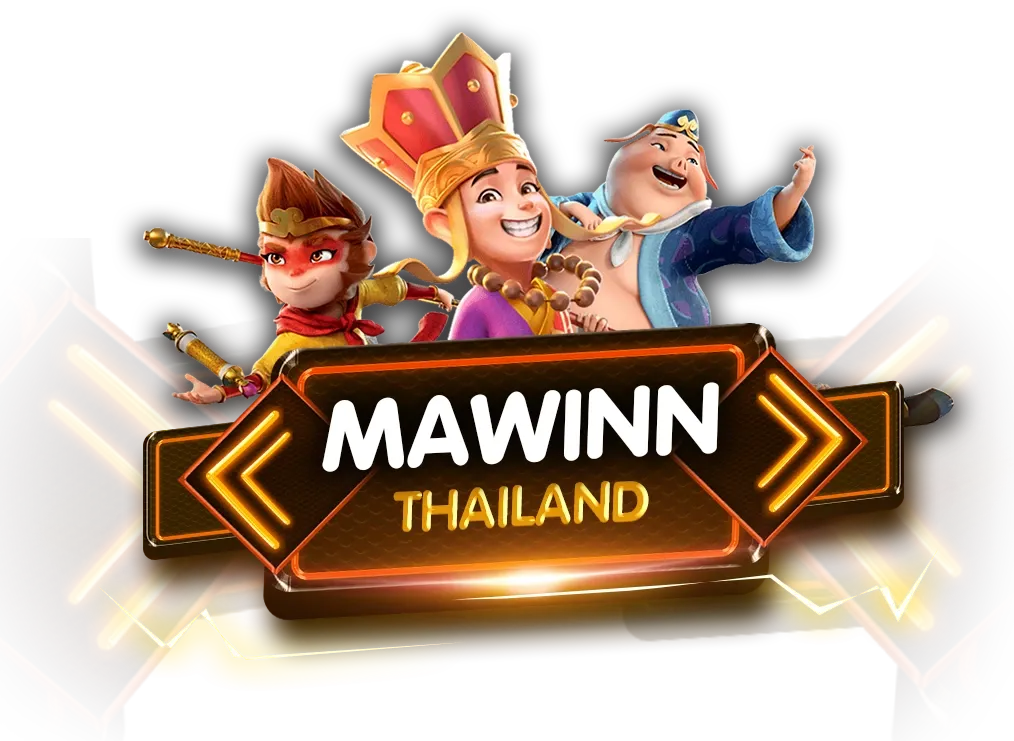The landscape of entertainment has undergone a radical transformation in the 21st century, with online gaming emerging as a dominant force. From the early days of text-based adventures to the immersive virtual worlds of today, online gaming has evolved significantly, reflecting advancements in technology and shifts in cultural attitudes. This article explores the evolution of online gaming, its impact on society, and the future of this dynamic industry.

The Beginnings of Online Gaming
The roots of online gaming can be traced back to the 1970s and 1980s when computer networks began to emerge. Early pioneers like MUD (Multi-User Dungeon) allowed players to interact in real-time, laying the groundwork for multiplayer gaming. As internet connectivity improved in the 1990s, so too did the potential for online gaming. Titles such as "Meridian 59" and "Ultima Online" introduced players to vast, persistent worlds where they could engage with others, marking the beginning of the MMORPG (Massively Multiplayer Online Role-Playing Game) genre.
The Rise of Massively Multiplayer Online Games
The turn of the millennium saw the explosive growth of MMORPGs, with "World of Warcraft" (WoW) leading the charge. Released in 2004, WoW became a cultural phenomenon, attracting millions of players worldwide. Its success can be attributed to its rich storytelling, intricate world design, and social dynamics that fostered community building. Players formed guilds, participated in raids, and engaged in player-versus-player combat, creating a vibrant ecosystem that extended beyond the game itself.
The popularity of MMORPGs paved the way for other genres to flourish. First-person shooters (FPS), real-time strategy (RTS), and battle royale games began to dominate the online gaming scene. Titles like "Counter-Strike," "League of Legends," and "Fortnite" introduced competitive elements that appealed to a broader audience, further solidifying online gaming's place in popular culture.
The Social Aspect of Online Gaming
One of the most significant impacts of online gaming is its ability to foster social connections. Players from diverse backgrounds can come together in virtual spaces, forming friendships and communities that transcend geographical boundaries. Online gaming has become a social platform where individuals can interact, collaborate, and compete, often leading to lasting relationships.
The rise of streaming platforms like Twitch and YouTube Gaming has further amplified this social aspect. Gamers can share their experiences, strategies, and personalities with audiences, creating a new form of entertainment that blurs the lines between player and spectator. This shift has also given rise to a new wave of influencers and content creators, who have built careers around gaming, further legitimizing the industry.
Economic Impact of Online Gaming
The economic implications of online gaming are profound. The industry has grown into a multi-billion-dollar enterprise, with revenues surpassing those of the film and music industries combined. This growth has been fueled by various factors, including microtransactions, downloadable content (DLC), and in-game purchases. Free-to-play models have also democratized access to gaming, allowing players to engage without upfront costs while generating revenue through optional purchases.
Esports, a subset of competitive gaming, has emerged as a significant driver of economic growth within the industry. Professional gamers and teams compete in high-stakes tournaments, drawing large audiences both online and in-person. The rise of esports has led to lucrative sponsorship deals, merchandise sales, and broadcasting rights, further solidifying gaming's status as a legitimate form of entertainment.
Challenges and Controversies
Despite its many benefits, online gaming is not without its challenges and controversies. Issues such as addiction, toxic behavior, and the impact of violent content have sparked debates about the potential negative effects of gaming on individuals and society. The concept of gaming addiction has gained recognition, with some individuals experiencing detrimental effects on their personal and professional lives due to excessive gaming.
Moreover, the gaming community has grappled with issues of inclusivity and representation. Toxic behavior, including harassment and discrimination, has been prevalent in some gaming environments, prompting calls for greater accountability and the establishment of safer spaces for players. Game developers and platforms are increasingly tasked with addressing these issues to create a more inclusive and welcoming gaming culture.
The Future of Online Gaming
As technology continues to advance, the future of online gaming looks promising. Virtual reality (VR) and augmented reality (AR) are poised to revolutionize the gaming experience, offering players unprecedented levels of immersion. The rise of cloud gaming services, such as Google Stadia and NVIDIA GeForce Now, has the potential to make high-quality gaming accessible to a broader audience, eliminating the need for expensive hardware.
Furthermore, the integration of artificial intelligence (AI) into gaming is set to enhance gameplay experiences. AI can create dynamic narratives, adapt to player behavior, and generate lifelike non-player characters (NPCs), making virtual worlds even more engaging. The fusion of gaming with other industries, such as education and healthcare, also presents exciting opportunities for innovation and growth.
Conclusion
Online gaming has evolved from a niche pastime to a cultural juggernaut, royalbetking shaping the way we interact, socialize, and entertain ourselves. Its impact on society is profound, fostering connections, driving economic growth, and challenging traditional notions of entertainment. As we look to the future, the possibilities for online gaming are limitless, promising continued evolution and innovation in this vibrant industry. Whether as a player, spectator, or content creator, the world of online gaming invites us all to participate in its ever-expanding universe.

